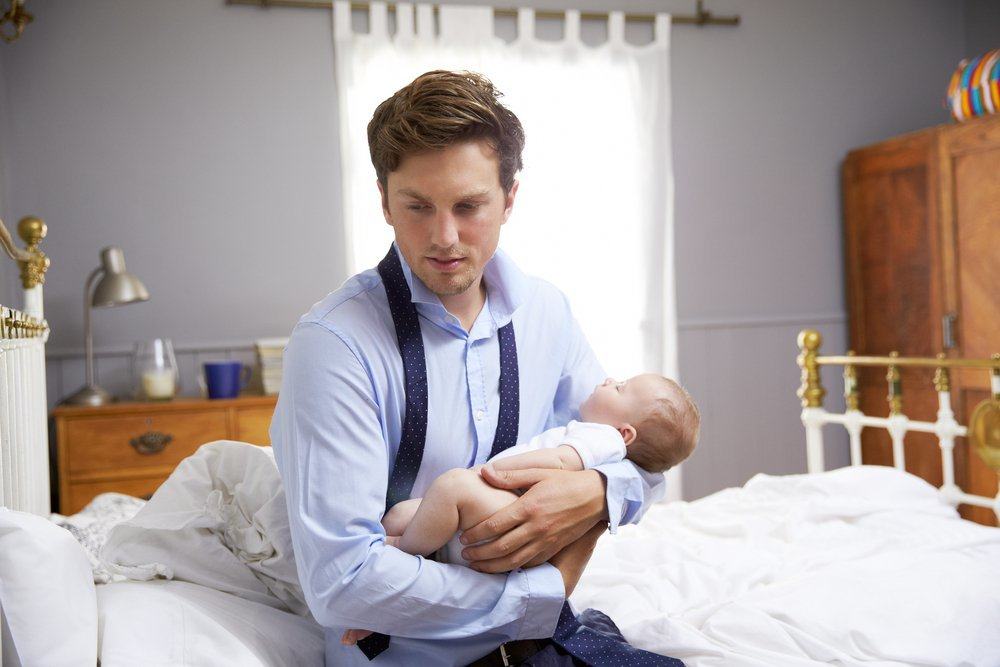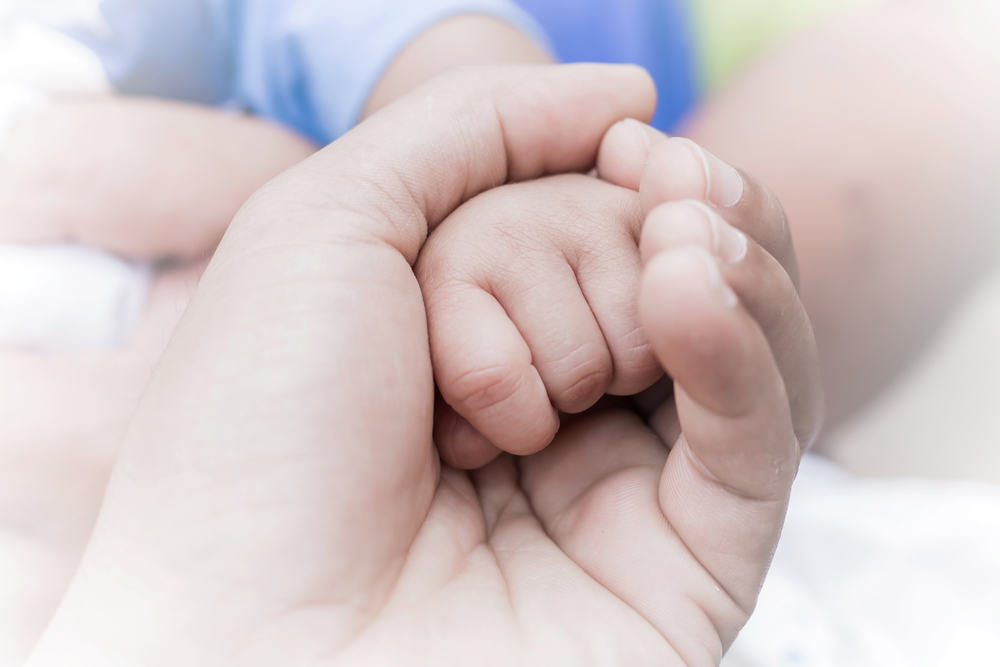Contents:
- Medical Video: Postnatal depression in men - BBC Stories
- Postpartum depression in men
- Signs of postpartum depression in men
- The trigger factor for postpartum depression in fathers
- Then what can be done?
Medical Video: Postnatal depression in men - BBC Stories
Being a new parent is not easy. That is why many new parents suffer from postpartum depression. However, so far it is true that more is known to experience postpartum depression or postpartum depression are women who have given birth. Apparently, not only women can experience it. Men can also be attacked by depression after their wife gives birth to their child. This clinical condition is also called postpartum depression in men. To find out the causes, signs, and how to handle it, look carefully at the following explanation.
Postpartum depression in men
Depression that occurs after the birth of a baby is a fairly common condition in women. Whereas in men, the prevalence is known to be one in 10 people. This condition attacks new fathers at different times for everyone. There are men who have shown symptoms of postpartum depression in the first trimester of his wife's pregnancy, but there are also those who just feel the depression when their child is born or several weeks later. Postpartum depression in men can last for months, even up to a year after the birth of a baby.
Similar to depression experienced by women after childbirth, postpartum depression in men also causes excessive anxiety, fear, sadness, and emptiness. The days of being a new parent that should be fun and full of love turn dark and full of tension. Unfortunately, this condition is invisible and has not been widely discussed openly like postpartum depression in women. As a result, many men who experience postpartum depression don't really realize what they are experiencing. They also tend to ignore this condition. In fact, postpartum depression in men will have a bad impact on the little one if left untreated.
Signs of postpartum depression in men
Detecting postpartum depression symptoms in men is a challenge. Because most men tend to cover up or harbor perceived symptoms. In addition, the symptoms experienced by men also usually appear gradually and slowly so it is rather difficult to know where the limits of postpartum depression and ordinary stress. Even so, you can observe the following signs.
- Losing sex drive, either with a partner or in general
- Unhealthy habits such as smoking, drinking alcohol, speeding when driving, or taking drugs
- Easy to be angry, sad, offended, angry, and lose patience
- Always think negatively, especially about newborns such as whether your baby is breathing normally, can sleep, or develop as he should
- Not interested in the things he used to be interested in
- Looking for reasons not to be at home with your baby, for example, working late at night, attending office events outside the city, or looking for side jobs in his spare time
- Avoid social interactions with family, friends, neighbors, or coworkers
- Difficulty concentrating and easy to forget
- Changes in diet and sleep patterns
- Disorders of body functions such as digestive problems, headaches, itchy skin, and muscle aches for no apparent reason
- Frequent crying or silent language
- The tendency to commit acts of violence such as throwing or slamming things, punching walls, or physically hurting others
- Suicidal thoughts arise
The trigger factor for postpartum depression in fathers
Postpartum depression in men can attack anyone, whether it's a prospective father who was very eager to welcome the birth of his baby or who is indeed not ready to become a new father. It is important to remember that depression is not a self-created condition and is not caused by a person's character defects. Postpartum depression also does not mean the new father does not feel love for his baby. Depression is a medical condition that is triggered by the following things.
- Hormonal changes such as decreased testosterone and increased estrogen
- Lack of sleep
- Financial problems
- Pressure becomes a father who is so big from family, relatives, spouse, or yourself
- History of depression in the family or had experienced depression before
- Relationships that are less tight with partners
- Wives who also experience postpartum depression
Then what can be done?
If you or your partner has postpartum depression in men, talk to your family or trusted person. Sharing the burden you feel will greatly help you understand the nature of the depression that is attacking. That way, you can overcome depression more quickly and precisely. If discussing it with someone who is trusted is not very helpful, you can seek help from professionals such as psychologists, counselors, or psychiatrists. You may be advised to undergo therapy or be prescribed antidepressant drugs to reduce anxiety.
Lifestyle changes are also important to speed up recovery. Begin to exercise regularly, eat with balanced nutrition, stop smoking or drink alcohol, and get enough sleep. You can also practice simple relaxation techniques such as deep breathing every time the urge to get angry appears, inhale aromatherapy essential oil, or meditate.
Getting to know and spending more time with your baby can also help relieve postpartum depression in men. With quality time together, you will build stronger bonds with your baby so that your anxiety will gradually subside. If you have never been separated from your baby, try to occasionally spend your personal time without the baby. You can just be alone with your partner or gather with your friends.
READ ALSO:
- Tips to Overcome Prospective Fathers Nearing the Presence of Babies
- Tips for Establishing Inner Bonds between Father and Baby
- Get to know the Baby Blues Sundries












